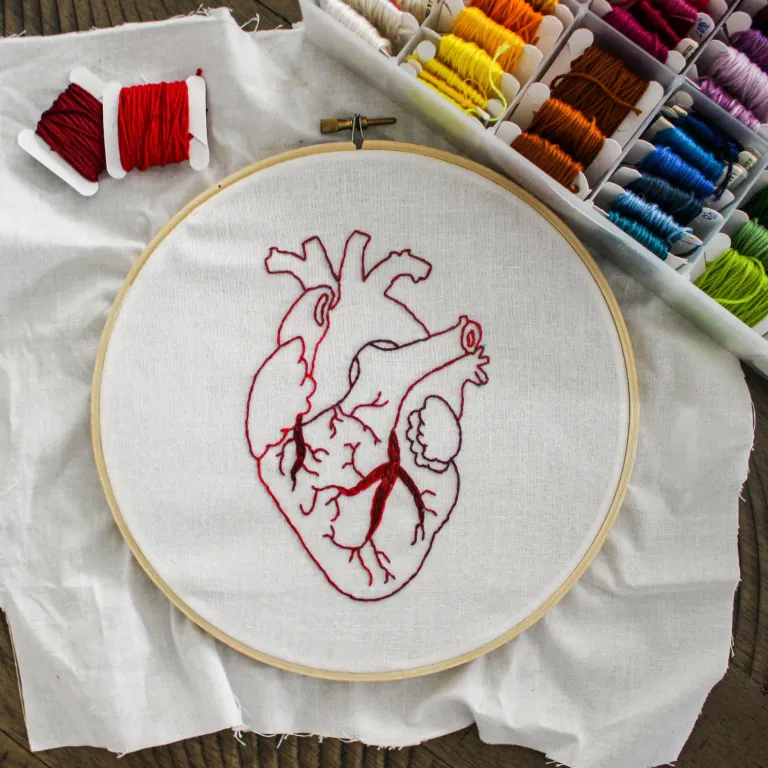
February is Heart Month, 28 days when Americans of all ages should take the time to assess their risk of heart disease and make lifestyle changes to prevent it. Kingsway Community is dedicated to the fight against heart disease, and each year encourages residents, staff, and visitors to wear red on National Wear Red Day (this year it falls on Friday, February 4) to raise awareness of heart disease. Before you pick out your red shirt, though, let’s take some time to educate ourselves on what heart disease is, what its risk factors are, and how to prevent it.
What is heart disease?
Heart disease, the leading cause of death for both men and women, is caused by the buildup of fatty deposits in the walls of the coronary arteries over many years. When this happens, there is less space for blood to flow to the heart, which can cause chest pain or even a heart attack.
What are the signs of heart disease?
You should contact your doctor immediately if you experience:
- Pain, numbness, or tingling in the shoulders, arms, neck, jaw, or back
- Shortness of breath
- Chest pain
- Lightheadedness or dizziness
- Confusion or headaches
- Cold sweats
- Nausea or vomiting
- Tiredness or fatigue
- Swelling in the ankles, feet, legs, stomach, or neck
How does heart disease affect seniors?
Seniors are much more likely than their younger counterparts to develop heart disease, because as we age, more fatty deposits build up in our arteries. The arteries themselves can also become increasingly stiff as we age, which causes high blood pressure. Seniors should be sure to have their blood pressure checked regularly, even if they’re healthy (early heart disease doesn’t always have symptoms), and especially if they have a family history of heart disease. While there are things seniors can do to manage high blood pressure (see below), medication is sometimes necessary.
How can you reduce your risk of heart disease?
- Aim to get at least 150 minutes of physical activity such as brisk walking, dancing, or gardening each week.
- Quit smoking, as smoke inhalation damages artery walls.
- Eat foods that are low in trans and saturated fats, added sugars, and salt. Instead, eat fruits, vegetables, and whole grains.
- Maintain a healthy weight.
- Manage diabetes, high blood pressure, or high cholesterol, which also contributes to plaque buildup in the arteries.
- Drink alcohol only in moderation (no more than two drinks per day for men and one drink per day for women).
- Learn how to manage stress through meditation, physical activity, therapy, or other methods.